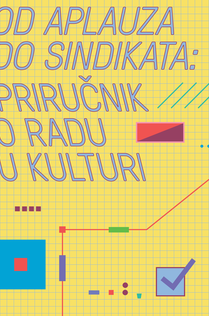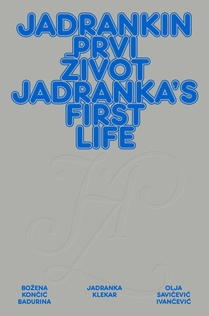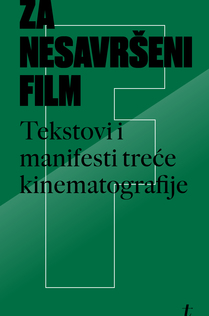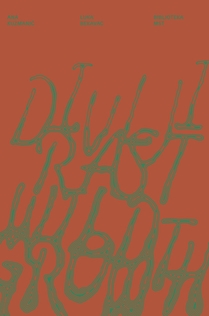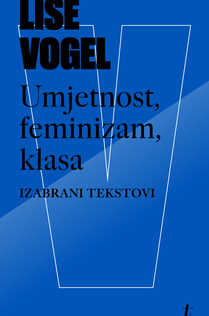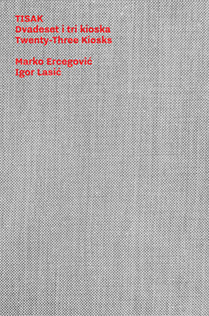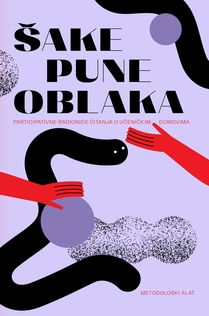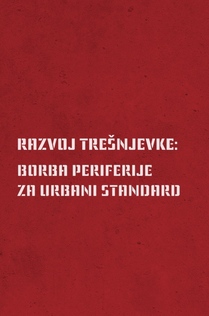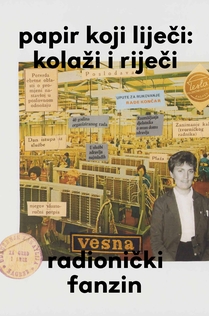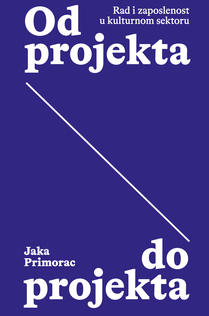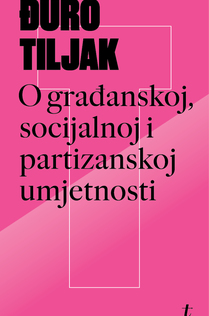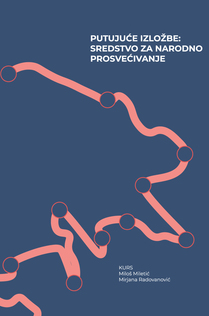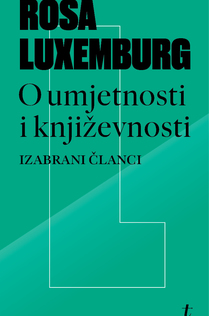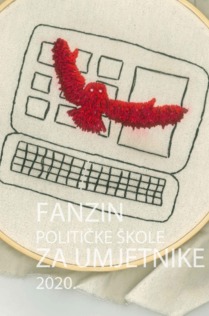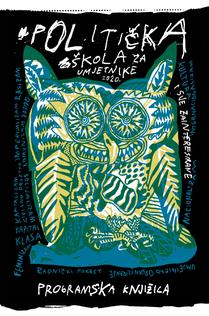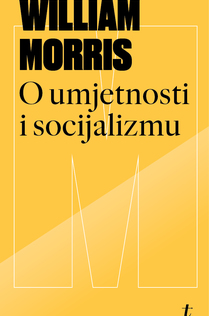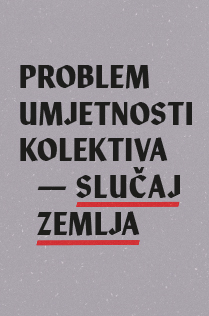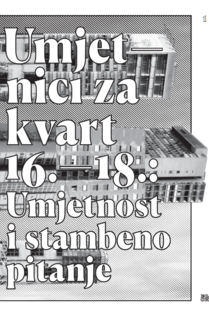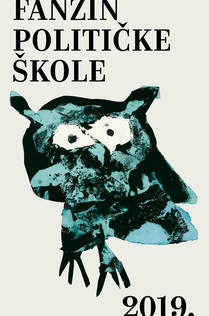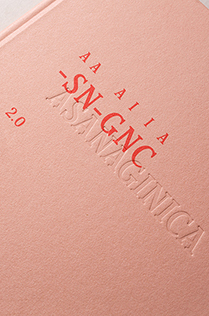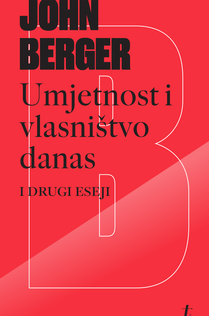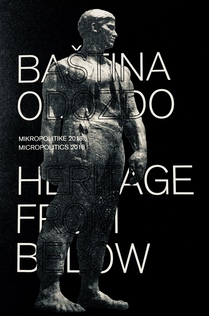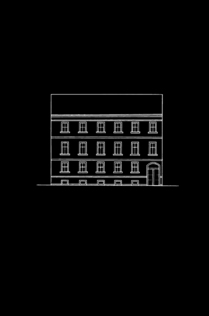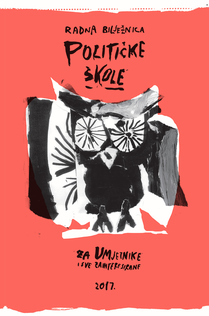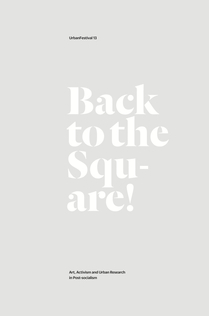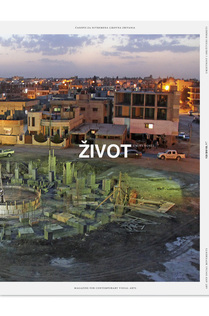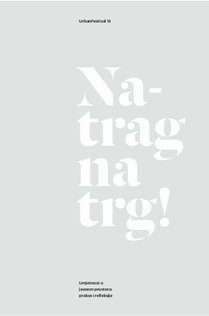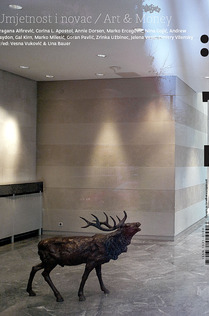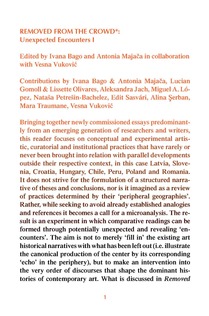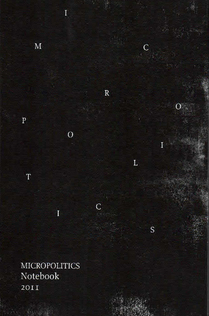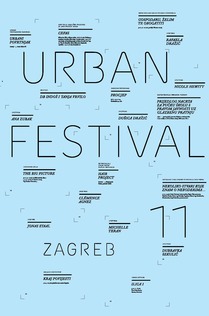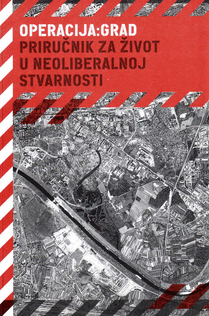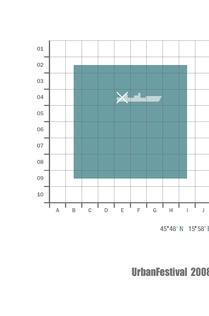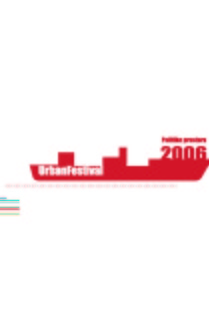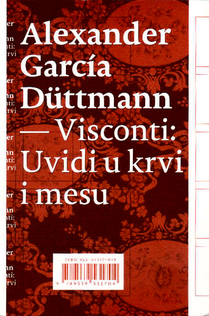UrbanFestival 2008: How we regret…
publisher: [BLOK] | Lokalna baza za osvježavanje kulture
editor:Vesna Vuković
authors: Nataša Ilić, Jasna Jakšić, Leonardo Kovačević, Elke Krasny, Petra Krolo & Ana Kutleša, Sonja Leboš, Kristina Leko, Igor Marković, Tomislav Medak, Rosana Ratkovčić, Leila Topić, Vesna Vuković
design: Barbara Blasin
language: Croatian and English
year: 2008
price: 10 €
This poet is unsatisfied, even melancholic. But his melancholy arises from routine. Because to fall into routine means to sacrifice one’s idiosyncrasies, to give up the gift of rejecting. This is precisely what makes us melancholic… And there is no greater routine than the irony which raises the dough of private thinking like yeast.
This is how Walter Benjamin wrote about Kästner in his essay on the melancholy of the left. Today, more than ever, it appears that this phenomenon is omnipresent and decisive. In any case, the losses in our time are manifold and numerous: the downfall of socialist projects, of the society as a whole, as a project, the disappearance of work and class, the loss of a viable alternative to the political economy of capitalism… On the wave of these losses, others also float: today we have no feeling for an international, or even local, community, no belief in the truth of the social order. Thus, we suffer with a feeling not only of a lost historical moment, not only of lost theoretical and empirical attunement, but also with a feeling of a lost way of life and of a lost direction of pursuit.
The melancholic person is devoted to the “world of things”, which suggests a certain logic of fetishism that is contained in the logic of melancholy. Thus we have more love for our passions and reasons, for our analyses and beliefs, than for the existing world that we are purportedly trying to change. Because all too often we are tied more to a certain political analysis or ideal – or even to the failure or collapse of this ideal – than to grabbing the opportunity for a radical change in the present. Melancholy doesn’t help us to cope with the future, but a creative melancholy may uncover some of the fantasies of the epoch, and in these fantasies a possible future is also born.
When we circulated this sort of a call for participation on the UrbanFestival, we were interested, among other things also because of the anniversary we are marking, to open this issue in the art field, that is, in the domain of imagination, where feelings of loss aren’t tied to the real world, but where imagination’s creative spring is renewed, where we are allowed to think unburdened by these losses. Chosen artists have made research visits to Zagreb, and the works that have resulted from this are their insights into the local millieu, its regrets, losses, roundabout routes and possible directions.
